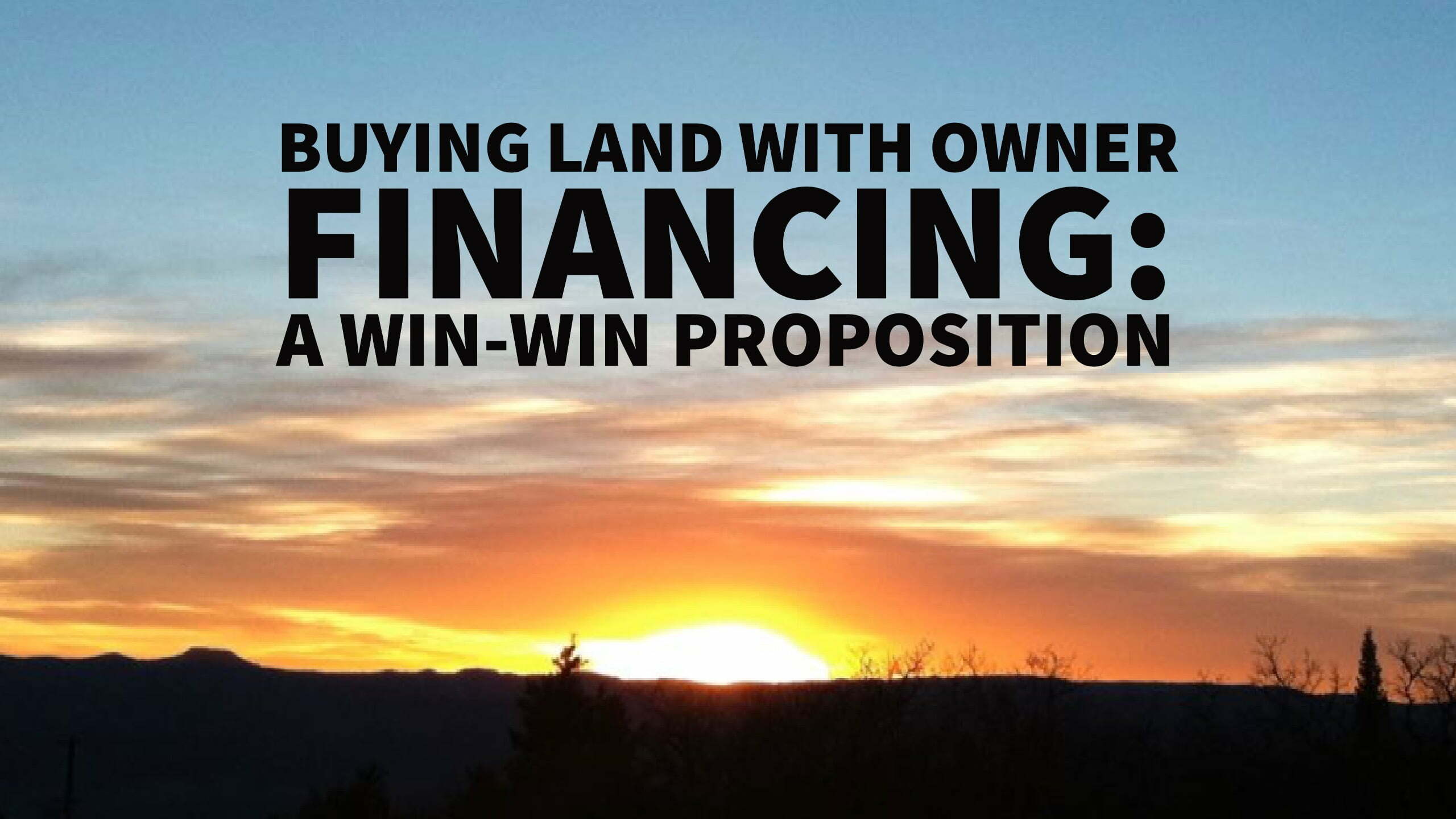Owner Financing to Buy Land
Traditionally, when someone buys real property in the US, they will go through a 3rd-party lender. It may be a large bank, including Coldwell Banker, Wells Fargo, or a neighborhood Credit Union. A man or woman or a circle of relatives will then take out a mortgage from this lender for the price the vendor requests for the assets. That mortgage is what we call a loan. In this example, the lender gives the purchaser cash to shop for the house, and the vendor walks away with money. The purchaser and vendor typically quit family members as soon as this transaction is made. Owner Financing, now and again known as vendor financing, is when the vendor of a domestic, land, or a few other shapes of actual property continues the mortgage under their call and is paid via the client in month-to-month installments until the vendor’s asking charge is paid off. So, as an example. Suppose a dealer is seeking to sell their home for $100,000. They may also offer it for 15 years at an 8% hobby price. The buyer will grow to pay about $955/ month for 15 years. The buyer owns the assets once that term is up and all payments are made on time. The dealer will then switch the deed to their name.

The satisfactory issue that proprietor financing has to offer is that it is a quick and easy way for someone to move into a home or purchase some assets with a way-of-life mortgage through a bank. To get that loan, you have to qualify. So you ought to provide information about your earnings records sometime, and s history looks at what to be achieved. Then, it would help if you had a good enough downpayment, or the financial institution might not even provide you with the mortgage. Once you’ve met all those requirements, you could buy the property, but you will also add closing expenses on the pinnacle of that downpayment and the loan itself. It ends up being a completely high-priced affair, simply moving into a home or a few lands. Generally speaking and relying on the owner/supplier you go together with, proprietor financing facet-steps all the extra charges. There is commonly no credit score. Look at it; no small down payment is required, and there are no last charges. You agree to shop for the belongings and begin paying; it’s as simple as that. It would help if you always did your due diligence on each asset and the proprietor; however, it’s a quicker and easier technique than going through a traditional 0.33-birthday party lender.
If you’re looking to buy a homeland, you can usually forget about locating a mortgage to cover it. Lenders do not want to provide loans on raw land because there is nothing to lower back up that mortgage if you decide not to pay and should foreclose. I’ve never understood this because all of the banks could build a cheap house on the belongings, and the value of the assets would leap, but I bet that is an excessive amount of legwork for the financial institution. So proprietor-financing is your pleasant guess while searching to buy uncooked land. This is unless you have sufficient cash to make a massive downpayment or hop for the land outright, which few people do, thinking about the increasing ground recently.
When it involves property taxes, the vendor normally pays the taxes, and the consumer reimburses the seller for the money they placed out for these nearby taxes. Ultimately, the customer will pay all local taxes, but because the assets remain within the vendor’s name until the loan is paid off, all taxes ought to undergo them and their obligation to pay. It is a condition for most owner-financiers that if the customer no longer reimburses taxes, they can be evicted from the assets. This may seem like a con, but it is not specific. From now not paying taxes directly to your neighborhood authorities or failing to pay tax escrow for your loan lender. No reliance on the situation. You will be kicked out of your private home if you fail to pay taxes. Hence, the pronouncing, forestall paying your taxes and see who owns your property. However, I digress.

There are some cons to proprietor financing. The principal one is that the consumer cannot honestly own the house until the seller is paid incompletely. When you go together with a conventional loan via a third-party lender, you’ll usually get the deed to the property on your call immediately. Still, as noted above, this will no longer happen until the seller is paid in full. There is also the possibility that the vendor should pocket all your bills halfway or all of the way through your lending length, and then they decide you do not own the home. I’m sure that is an intense case; however, it’s truly plausible. This is why it’s essential to have a contract detailing all the transaction conditions. Another cut is you may nearly continually pay a better hobby price from a proprietor financed than you’ll from a financial institution. This is because, in quite a few cases, they may be paying the mortgage on the home or property, so they’ll be paying 6% interest while charging you eight or nine. Even those dealers that down have a loan to pay any more rate a higher interest fee because humans pay it. You are buying the ease of keeping off the premature value of having a conventional loan.

So, depending on your needs, proprietor financing can be an excellent choice for some. It labored the first rate in my state of affairs as I began looking to buy retirement assets. However, I did not have a downpayment prepared to purchase brand-new belongings, and I am no longer prepared to promote the home I live in now. People looking to buy land they may want for later may also want to check out owner financing. Land costs will continue to boom, so buying now may also make the maximum economic sense. If you buy now and make a regular monthly price on your land in 15 or 20 years, that homestead land may be paid off, and you may then have an area to either retire to or to promote for more money as soon as it is paid off. Either way, investing in land is a great concept, and proprietor financing is a good manner to get your foot in the door.
















